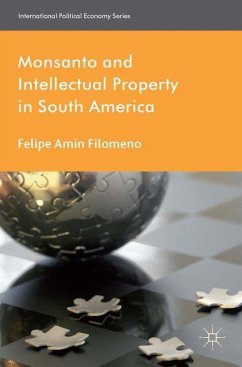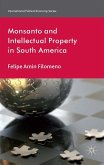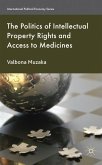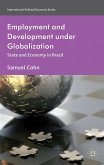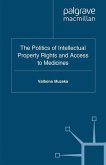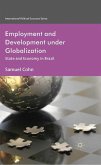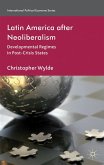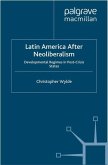Intellectual property is one of the most valuable forms of property in the modern world. From the perspective of companies producing knowledge-intensive goods, it encourages technological innovations for the benefit of humanity. For consumers of technology, it can be seen as a restriction on access to knowledge that inflates corporate rents. When genetic material crucial for human life is isolated from the commons, engineered and turned into private intellectual property, dissent is likely to emerge. Felipe Filomeno uses the case of Monsanto in South American soybean agriculture to theorize about the emergence and change of intellectual property regimes. Based on official documents, interviews, journalistic material, and academic literature, the study shows not only the relations of competition, coercion, and alliances that lie behind the post-1980 global upward ratchet of intellectual property protection but also the strategies that have the potential to reverse it.
"Professor Filomeno throws empirical snarls into [the accepted] master narrative [of the evils of corporate agricultural biotechnology]. He disaggregates the power side of the equation by carefully documenting political interests based in the agroeconomic success of Monsanto's technology in soy production in Latin America. Farmers and nations wanted access to the new technology (glyphosate-tolerant soy), giving Monsanto leverage in negotiations. The result was a political and agroeconomic struggle with variable outcomes over time and space.The book explores mechanisms of variation that undermine simplistic generalizations about corporate intellectual property claims." - Ronald Herring, Latin American Politics and Society, 57(1)

